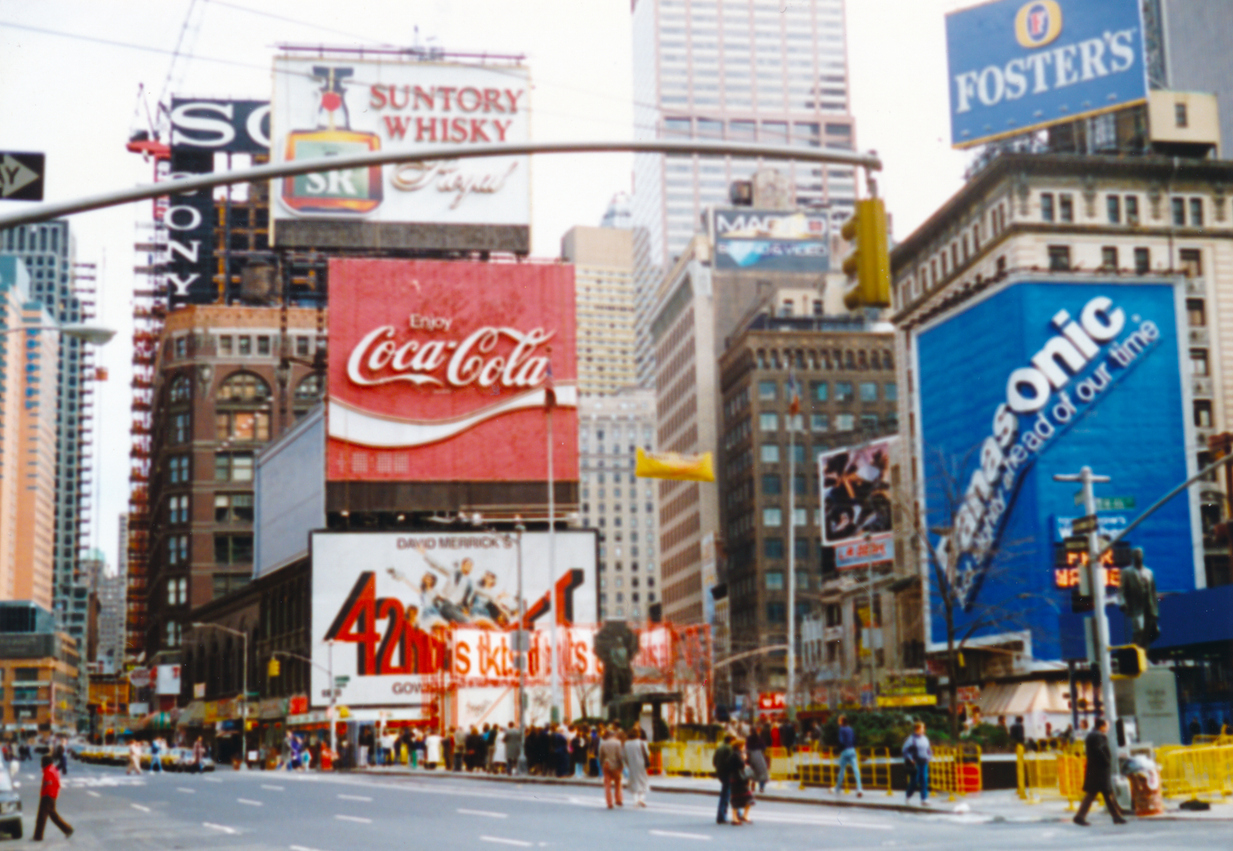Berkshire Hathaway 2023 AGM – 5 Key Takeaways

NAOS Asset Management attended the 2023 Annual General Meeting of Berkshire Hathaway on May 6th. Warren Buffett (Chairman & CEO), Charlie Munger (Vice Chairman), Greg Abel (Vice Chairman, Non-Insurance Operations) and Ajit Jain (Vice Chairman, Insurance) answered 48 questions in a session divided into two parts. Below are some of the most interesting themes from the meeting:
Banking, Insurance & Running a Business Conservatively
“We keep our money in cash and treasuries both at Berkshire, we want to be there if the banking system temporarily even gets stalled in some way. It shouldn’t. I don’t think it will, but I think it could.” Warren Buffett, Chairman and CEO.
A common topic, given the recent failures of First Republic and Silicon Valley Bank, was the current banking crisis. Interestingly, Berkshire once owned 100% of a bank, which at the time was a concentrated bet by the company: “Originally in 1969, we bought a bank at Berkshire. And we had $19 million invested in that bank and we had $17 million, I think, invested in our insurance companies and if the Banking Holding Company Act of 1970 hadn’t been passed, we might have ended up owning a lot of banks instead of a lot of insurance companies”. Warren Buffett, Chairman and CEO.
Thanks to that regulatory change, Berkshire was forced to divest the Bank, however it is interesting to note how they ran it while it was under their control:
“We never had a bad debt. It never had an unnecessary cost. It made nothing but money, with no risk. It never presented any deposit insurance risk… It was a lovely, sound, constructive institution in this community. Any person willing to deserve credit, could get credit” Charlie Munger, Executive Vice-Chairman
In a similar fashion, the approach Berkshire takes to running its insurance operations today is equally as conservative as its historical bank operation:
“Well, the really interesting thing is that in – within Berkshire, the casualty insurance companies have 4x as much stockholder capital behind each dollar of premium volume, 4x normal. And of course, we see the big deals. Who would you trust if you had a big liability you want to dump on somebody?” Charlie Munger, Executive Vice-Chairman
The size and diversity of its non-insurance operations also reinforces this conservatism:
“We have $25 billion or more coming in from things other than insurance, uncorrelated to insurance every year with no obligations. We don’t pay dividends. If we pay dividends and you cut your dividend, try going around trying to write insurance the next day. I mean, it’s a business where the people are counting on you to pay… So it’s not only the presence of enormous strength in the insurance companies. It’s the fact we’ve got all these earnings that essentially come in every month”. Warren Buffett, Chairman and CEO.
Moats
A well-known aspect of Berkshire Hathaway’s investing style is its emphasis on investing in companies that possess an economic moat, which helps protect them from competition and business decay. It is interesting to look at how Berkshire is exercising this within its investments today. One such investment that exhibits a powerful moat is Pilot Flying J, a Fuel Station and Travel Centre operator, with its core operations situated in key traffic hotspots across the United States.
“We have hundreds and hundreds of locations on the interstate. There are [commercial zones]… like maybe 15 acres or 12 – there’s nothing like it. And they’re not going to move the interstate 2 miles to the right or something or anything of that sort.” Warren Buffett, Chairman and CEO.

In comparison, when referencing an industry that lacks an economic moat, Buffett and Munger pointed to the Film and Entertainment industry as a difficult place for investors:
“The {Movie} talent will make the money, the agents will make the money. And if you’ve got a theatre, the theatres are now doing 70% of the business as they did before the pandemic. And big hits have enormous grosses, but you can’t reduce the supply. People have only got so many hours in the day. They’ve only got 2 eyeballs, and they got more choice than ever before, and they’ve got stuff that’s cheaper that offers them the same experience…“ Warren Buffett, Chairman and CEO.
Brand Power & Positioning with the Consumer

“They just had an article about Bernard Arnault of LVMH and he’s got a blue box at Tiffany and the blue box itself means something. And Coca-Cola, the bottle, meant something. In the 1920s, I think there was a study that folks were blindfolded and a very high percentage of the population could recognise [the bottle] it was Coca-Cola. When they can recognise not only the product, but the container, you're going to have good gross margins.” Warren Buffett, Chairman and CEO.
The point was made, in various forms throughout the meeting, that a strong brand that has built goodwill with consumers through decades of advertising, can trump rival products that may be cheaper or easier to access. The blue box of Tiffanys, Sees Candy, Coca-Cola and to a differing extent, Apple, are strong examples of this and whose margins are afforded greater protection in several commodity-type industries (beverages, jewellery, confectionery). Brand differentiation or “share of mind”, are their most important assets.
Decentralisation
“We have a lot of good people that have risen in the Berkshire subsidiaries. And there's a reason why our operations have, by and large, done better than other big conglomerate companies. And one of them is that we change managers way less frequently than other people do. And that's helped us” Charlie Munger, Executive Vice-Chairman
Berkshire Hathaway has had a long-standing practice of allowing operating and acquired companies to keep their management teams in place, preferring to stick with talented and committed individuals, rather than making wholesale changes. This practice was discussed again with respect to its recent acquisition of Alleghany Corp. Ajit Jain’s response to a question on “how are you planning to shape your reinsurance business post the acquisition of Alleghany?”, illustrated this:
“In terms of Alleghany, that's an easy response. We look -- we treat operating units independent of each other. And as far as Alleghany is concerned, they have a major presence in the reinsurance business under the brand name of Transatlantic Re. That company will operate the way it's been operating in the past. There will be no change in terms of strategy or management, and they will keep doing what they're doing. They've been very successful and, hopefully, will keep being successful” Ajit Jain, Vice Chairman of Insurance Operations
Investment Diversification
“Well, I think one of the main things that's taught -- a modern university education is that a vast diversification is absolutely mandatory in investing in common stocks. That isn't a sane idea. It's not that easy to have a vast plethora of good opportunities that are easily identified. If you only got 3, I'd rather they be my best ideas instead of my worst.” Charlie Munger, Executive Vice-Chairman
Another key theme in Berkshire’s investment style re-emphasised at the meeting is concentrating capital in good businesses, rather than spreading investment exposure across a wide array of opportunities. The panel was asked if the size of Berkshire’s Apple position was a reason for concern, having heavily appreciated since their initial investment:
“It just happens to be a better business than any we own…. Apple has a position with consumers where they're paying - maybe they pay $1,500, or whatever it may be, for a phone. And these same people pay $35,000 for having a second car. And if they had to give up a second car or give up their iPhone, they give up their second car. I mean, it's extraordinary…we probably don't have anything like that, that we own 100% of, but we're very, very, very happy to have 5.6, or whatever it may be, percent. And we're delighted every 1/10 of a percent that goes up. That's like adding $100 million to our earnings, I mean, our share of the earnings” Warren Buffett, Chairman and CEO.
Although the themes have not changed to a large degree over the last few years, the meeting reinforced investing principles that we believe at NAOS. The most central of these are investing where an economic moat is in place, the business has some form of pricing power, the management team is honest and the industry itself is easy to understand.
4 topics

